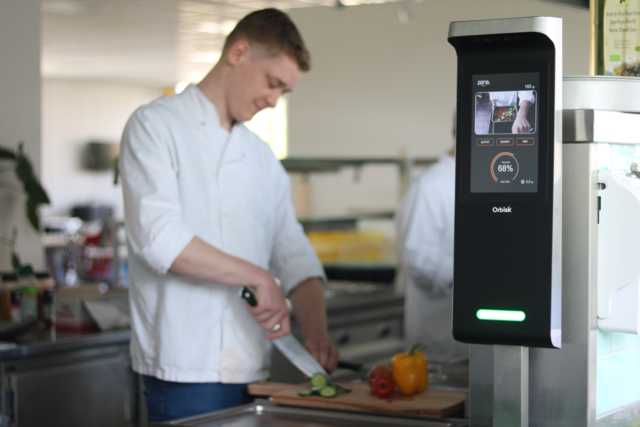
Koppert Cress and Orbisk join hands against food waste
Category: Sustainability
Our food choices have a significant impact on the planet, with food waste being not only a waste of resources but also a significant source of carbon emissions.
Food waste, as an environmental problem
Food waste is one of the biggest contributors to man-made greenhouse gas emissions. This emphasizes the urgent need to embrace innovative approaches and reason enough for a collaboration between Koppert Cress and Orbisk. An inspiring example of how companies can fight together against food waste while contributing to CO2 reduction.
Food waste has a major impact when it comes to CO2 emissions and environmental damage. Every year, an estimated one-third of all food produced worldwide is wasted.
As much as 70% of our total use of fresh water is invested in food production. Producing just 1 kg of edible food requires 4.5 kg of CO2 and 7,000 liters of water. Throwing this away therefore wastes it unnecessarily. Fighting food waste is a crucial step towards a more sustainable future.
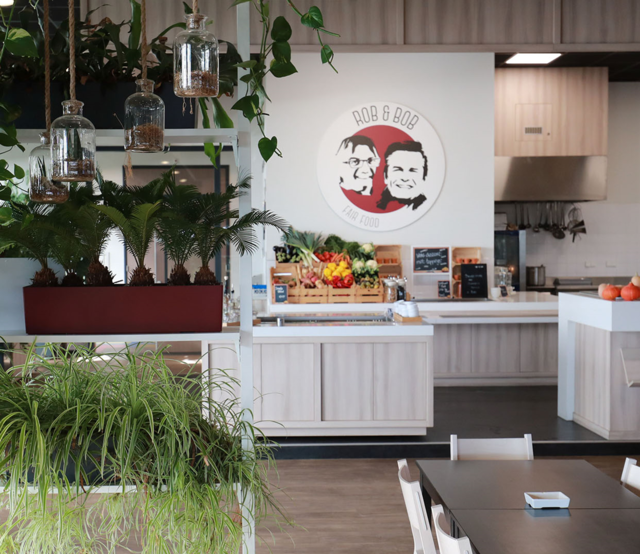
Experience, and collaboration
Orbisk helps professional kitchens get a grip on their food waste. Using AI image recognition, 'Orbi' automatically recognizes which ingredients are thrown away, in what quantity and at what time of day.
In collaboration with Hutten Catering, a healthy, almost vegetarian lunch is offered daily free of charge to all employees in the Koppert Cress company restaurant. Every day, using the Orbi, all leftover food is photographed in the kitchen and data is collected in a simple but highly effective way. This data is then analyzed in a user-friendly dashboard, providing insight into which foods are most often wasted, when it happens and why.
Shanain, Hutten Catering: "Since we have been working with 'the Orbi' we had to get used to it at first, but gaining the insights from the dashboard has made us more aware. We have been handling our waste much more creatively since then; for example, making croutons from old bread and banana bread or smoothies from overripe bananas."
Did you know?
1 slice of bread equals 1 A4 sheet of land which is wasted.
Beef emits 21% more CO₂ than chicken and pork and has the biggest impact on CO₂ emissions and food waste.
1 kg of pork is equivalent to the amount of CO₂ as producing 80 kg of potatoes.
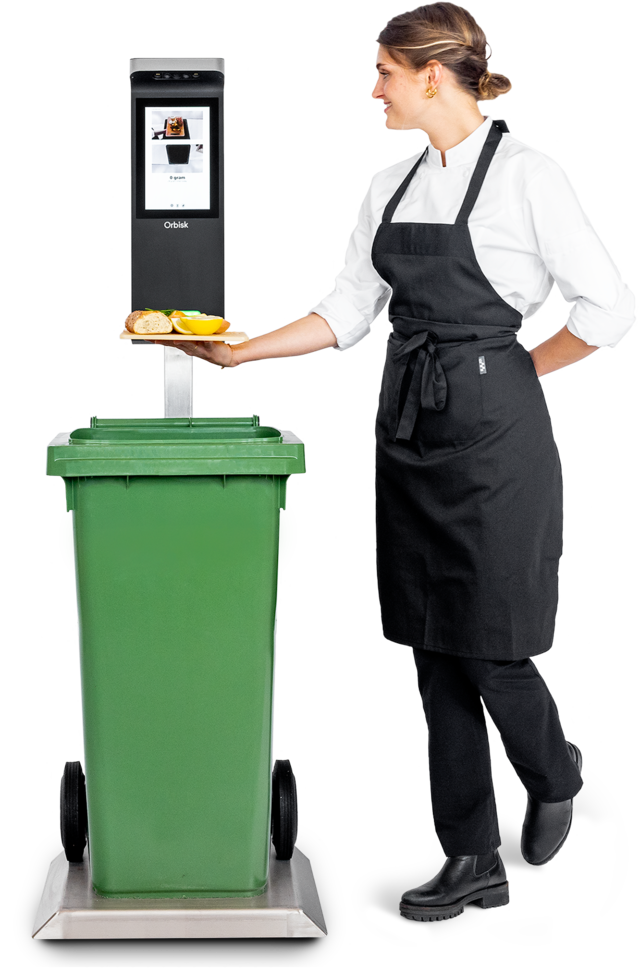
Impressive, results
Thanks to this valuable information, Koppert Cress has been able to reduce food waste by a whopping 52% since the partnership was launched. These impressive numbers translate into results that go beyond just numbers: 1,102 kilograms of food have been saved, nearly 5,298 kilograms of CO2 emissions* have been prevented, 2,448 meals have been saved from being wasted, and a savings of €8,039.49 has been realized within just five months.
We do not yet measure what people leave on their plates, but there is a lot of feedback in this for the chef. A company restaurant is the ideal place for "nudging," because the chef sees and speaks to his guests on a daily basis. However, this is just the beginning of a promising future. The collaboration between Koppert Cress and Orbisk is expected to continue to grow and evolve.
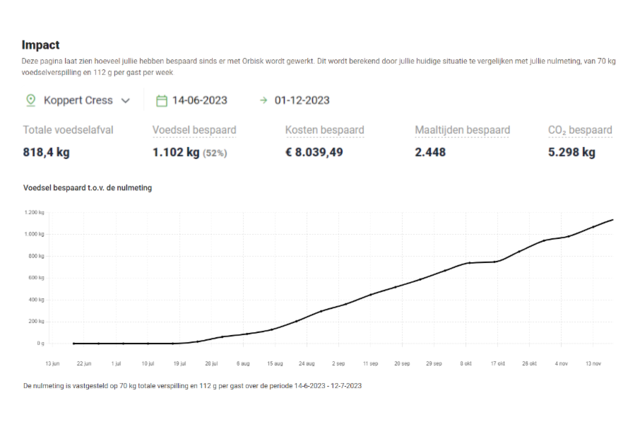
Let's change the way, we look at food
"The mission at Koppert Cress is a different perspective on food. The impact of food waste is often underestimated, while this is one of the few challenges that is so easy to address. Orbisk's insights accelerate this process for us, while also reducing costs - Stijn Baan".
It is a call to action, where we can all contribute to preserving our planet for future generations. It is a reminder that even small steps can have a big impact on creating a more sustainable and healthier world for all of us.
There is no technical solution that can have a greater impact and be as effective.
Reducing food waste will not only continue to contribute to food awareness, but hopefully serve as inspiration for other companies to join the fight against food waste.
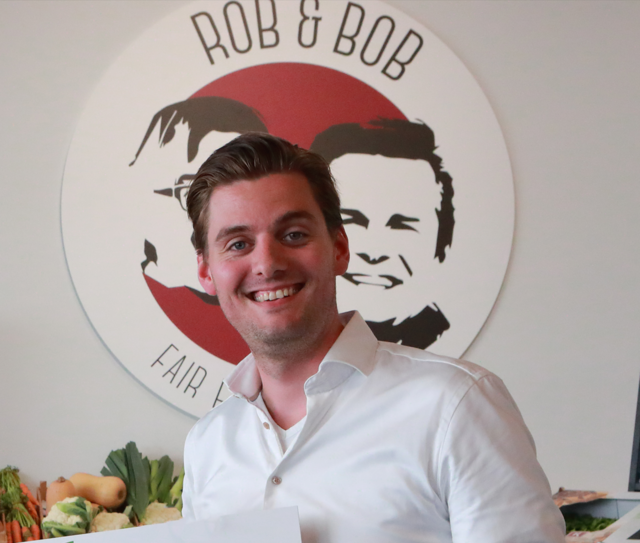
Resources
*Orbisk and CO2 calculations: Orbisk bases its CO2 calculations on data from Eaternity, an organization dedicated to saving our planet (eaternity.org). The Environmental Data Book (EDB) is currently the largest and most comprehensive database to perform CO₂eq calculations for food production worldwide. This database is the backbone of Orbisk's efforts and provides crucial insights into how to reduce food waste and carbon emissions.
*Climate facts are taken from eaternity.org
